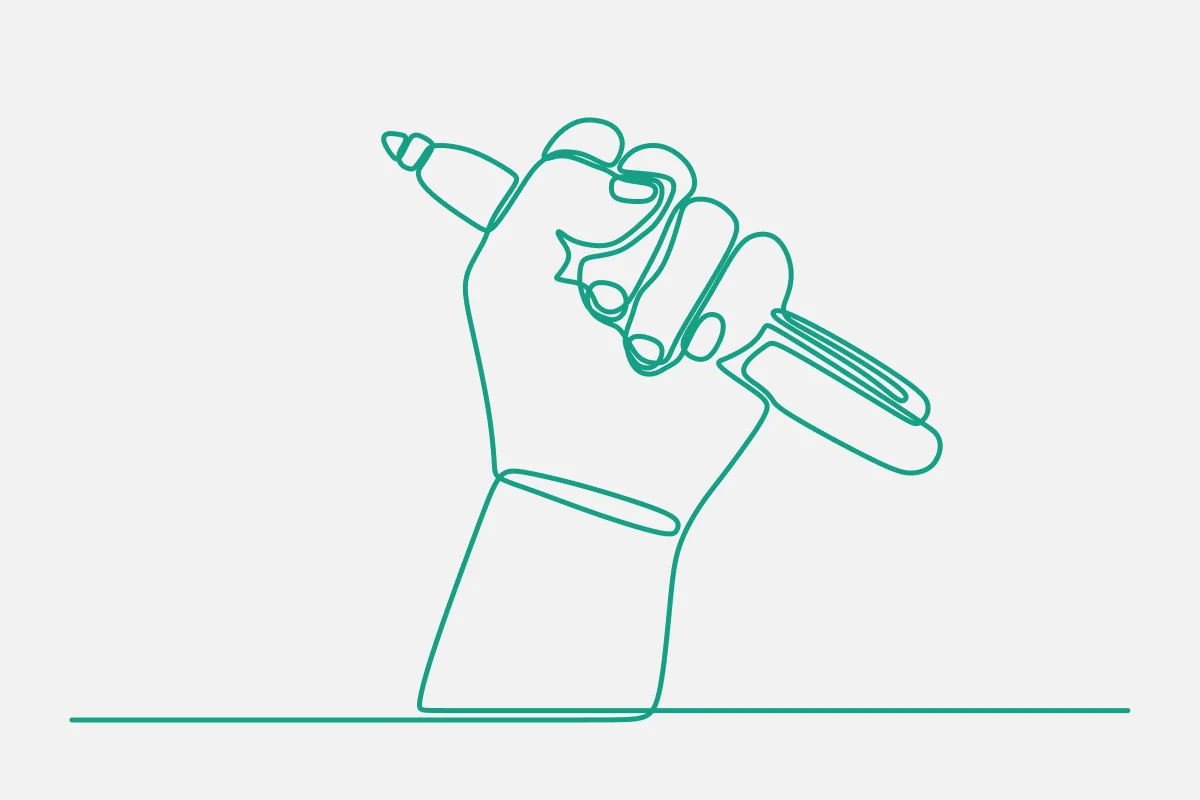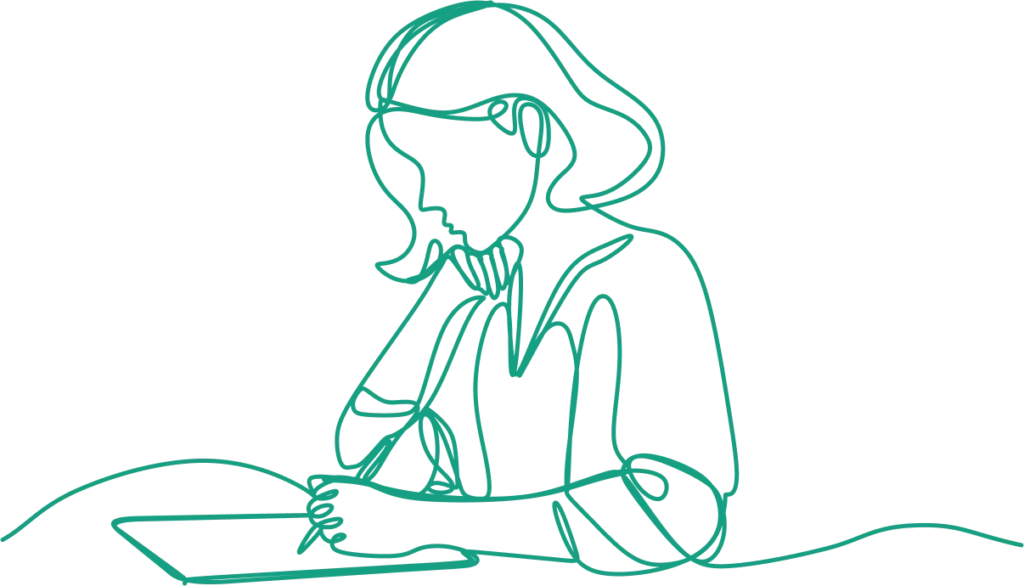The Lost Art of Writing—and Learning: Part 2

Why Slowing Down in a Fast World Matters for Students, young or old —
The Human Superpower: Observation from the Start
In Survival of the Friendliest, Brian Hare and Vanessa Woods remind us:
“We develop this superpower before we can walk or talk, and it is the gateway to a sophisticated social and cultural world.”
That superpower is observation. Long before language, humans learn by watching gestures, expressions, and situations. Unlike other species, we don’t hide what we’re looking at—we openly show attention, curiosity, and connection. Observation is not only how we first learn— it’s also how we continue to grow.
And from an early age, many of us remember the gentle reminder: “Use your words—I can help you better if you use your words.” At the time, it meant speaking instead of crying or lashing out. As we grow older, those “words” often take a new form—the ones we write—and they can become a way to help ourselves.
The Forgotten Art of Writing as Learning
Today, most students type, text, or search before they ever pick up a pen. Those tools are helpful—but they often push us toward speed, not depth. Writing by hand slows you down. It forces you to sit with an idea, wrestle with it, and make meaning in your own words.
It may not feel easy to pause, but it is easy to learn and remember—and once you do, it becomes a tool you can carry for life.

Sitting with Uncertainty
When we’re stressed, people often say: “Count to ten.” But here’s another way: ask yourself two quick questions on a 1–10 emotion-energy scale:
- Where am I right now?
- Where do I want to be?
This small pause creates a space gap—a chance to consider not only where you are, but what steps could help you move closer to where you want to be. That’s how uncertainty becomes an opportunity for growth, instead of a trigger for panic.
And here’s where that childhood advice circles back: “Use your words.” Only now, the words you use are the ones you write. Instead of relying on someone else to interpret your frustration, you give yourself the opportunity to slow down, reflect, and guide your own next step. And when you do, don’t forget to give yourself a small high five—credit for the effort itself. Pausing to notice and write is already progress.
The Risk of Outsourcing Every Answer
In her 2025 essay We’re Teaching AI to Replace What Makes Us Human, Anna Branten warns:
“When we let AI optimize our choices, our messages, our decisions, we aren’t just optimizing for efficiency. We are optimizing for a worldview already baked into our systems – one where human complexity is reduced to measurable behaviors, where care is a cost to be minimized.”
She goes further:
“Technology holds amazing possibilities. But it’s our relationship to the human, to life itself, that we should focus on. That is what we’ve neglected for too long. Right now, we risk letting AI reinforce a civilization already afraid of slowness, complexity, and vulnerability – the very qualities we need for real transformation.”
For high school students, this hits close to home. It’s tempting to let phones, search engines, or AI answer every question instantly. But if we skip the pause, we miss out on the deeper learning that comes from wrestling with uncertainty ourselves.
AI as a Mirror, Not a Replacement
This doesn’t mean AI is the enemy. In fact, used wisely, it can help us:
- Expand our thoughts by showing us perspectives we hadn’t considered.
- Challenge our assumptions by surfacing counter-arguments.
- Sharpen our questions by revealing what we don’t yet understand.
The point is not to minimize AI’s benefits, but to leverage them—as a sparring partner for learning, not as a substitute for reflection. Real growth requires the slowness, complexity, and vulnerability that writing by hand invites.
Examples That Resonate with Students
- Test anxiety: Instead of Googling shortcuts, a student writes, “I’m at a 4—stressed and unfocused. I want to be at a 7—calmer and prepared.” That reflection leads them to review one problem at a time.
- Friendship conflict: Instead of firing off a reactive text, a student writes, “Part of me is angry, part of me is hurt.” Sitting with both emotions prevents a rash reply.
- Homework overwhelm: Instead of asking AI to do the work, a student writes, “I understand the first step, but not the second.” That awareness allows them to ask a teacher or peer the right question.
An Invitation to Pause
Reaching for a phone or asking AI for information can be useful. But often, we reach too soon —before we’ve had the chance to sit in the unknown, ask a question, or reflect on what we’re actually feeling or thinking.
Part of the forgotten art of writing—and learning—is remembering it’s okay to say:
- “I don’t know.”
- “That’s an interesting idea—tell me more.”
Asking instead of answering keeps the door open to growth. Writing gives us a way to pause long enough to discover what questions really matter.
Try it with your own CoreSelf Map Experience, or watch someone experience this live.
Curious about CoreSelf Positioning? Check out the book.
About the Authors
Jonathan Thomas, MSW
Whether at the potter's wheel, coaching medical professionals and teams, or in his private counseling practice, Jonathan Thomas has spent his life molding, shaping and creating something beautiful and new.
Tim Preston
As a successful serial-entrepreneur and angel investor, Tim Preston has spent the majority of his life learning, overcoming, and creating, from blank pieces of paper: self, spaces, teams, and businesses.
Together, Jonathan and Tim founded Simple. Not Easy., LLC, a company that developed CoreSelf Positioning™ tools to help companies and individuals to slow down and align energy levels, values, and actions in order to formulate their best next steps.
Learn more about Jonathan, Tim & CoreSelf Positioning.